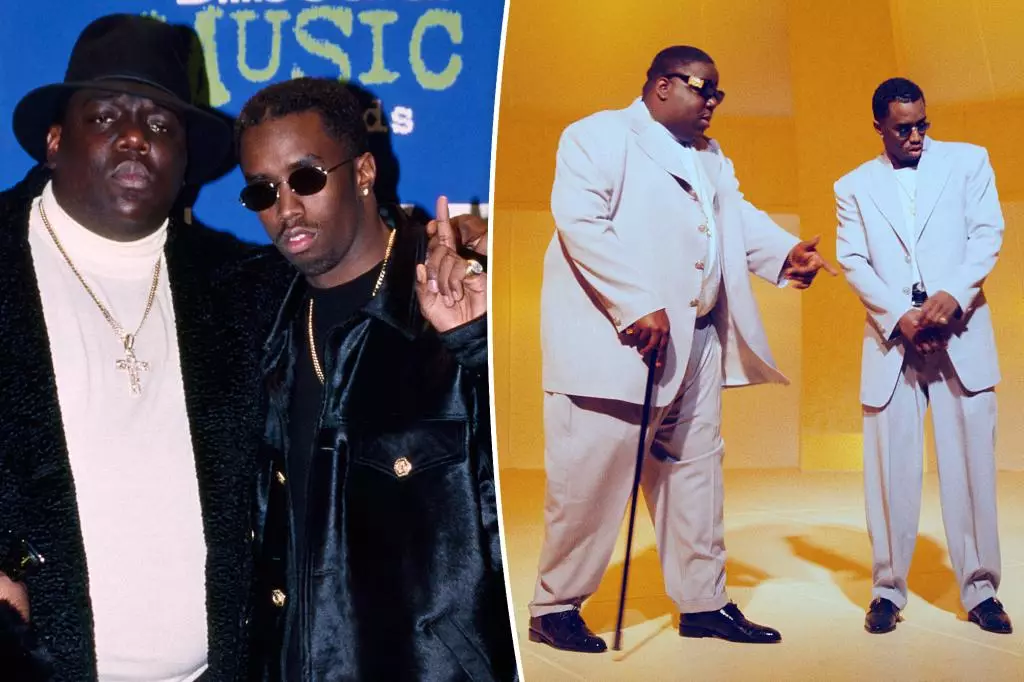In the complex tapestry of fame, few figures are as scrutinized and mythologized as Sean “Diddy” Combs. His public persona, built on a foundation of entrepreneurial success, musical influence, and cultural impact, projects an image of unshakable confidence. Yet, beneath this veneer lies a starkly contrasting reality—a landscape riddled with allegations, legal battles, and questions about integrity. This dichotomy between perception and reality is not unique to Combs but is emblematic of the broader societal obsession with celebrity and power. The more towering a figure appears, the more likely it is that their true vulnerabilities—sometimes shocking and unsettling—are concealed behind layers of spectacle and reputation management.
The Heightened Stakes of Accusation and Reputation Defense
The recent lawsuit targeting Combs has thrust his public image into a fresh cycle of controversy. Allegations of sexually explicit misconduct—ranging from highly personal acts to behaviors that shock the conscience—serve as a stark reminder that power often comes with a fragile veneer. For someone like Combs, who has long curated an image of affluence and influence, accusations of sexual misconduct threaten to dismantle years of carefully crafted brand equity. His legal team’s response, emphasizing his previous acquittal of serious charges, underscores a common narrative: the insistence that these claims are unfounded or malicious. However, the persistence of these allegations reveals a troubling reality: even those at the pinnacle of success are susceptible to scrutiny, and their defenses can sometimes echo the desperation of those clinging to reputation amidst chaos.
The Far-Reaching Impact of Legal and Social Allegations
While dismissing allegations may serve as a strategic defense, it also invites reflection on the broader societal implications. The accusations against Combs do more than threaten his personal reputation; they expose the enduring power imbalances that can enable misconduct or, conversely, the social and legal systems that seek justice. The high-profile nature of his cases places a spotlight on the judicial process and raises questions about the standards of evidence required for conviction versus mere allegation. Such highly publicized cases often oscillate between entertainment and justice, blurring the lines between genuine accountability and media-driven spectacle. For the accused, this scrutiny can be relentless, and for victims or accusers, it often becomes a battleground of credibility and societal validation.
Celebrity Power and Society’s Double-Standard
One cannot ignore the complex relationship between celebrity and societal accountability. The influence wielded by individuals like Combs—whose wealth and fame can sway public opinion—often complicates the pursuit of justice. Society tends to harbor a double standard: celebrities are scrutinized more heavily but also sometimes shielded by their status. When allegations surface, the immediate response from fans and the public often oscillates between skepticism and defense. This dynamic fuels a toxic cycle where power can be both a shield and a target. Moreover, the cultural tendency to idolize or demonize figures based on judgments rather than facts contributes to a justice landscape skewed by fame. The case of Combs illustrates this tension vividly, spotlighting the necessity for transparent, evidence-based adjudication regardless of social stature.
Ultimately, the saga surrounding Sean Combs exemplifies the perilous intersection of fame, integrity, and societal judgment. It challenges us to question not only the legitimacy of the accusations but also our collective tendency to rush to judgment based on headlines and social narratives. The veneer of success and glamour often conceals profound vulnerabilities—vulnerabilities that can be exploited, misunderstood, or manipulated. As society increasingly demands accountability from its icons, it becomes crucial to foster a culture that prioritizes truth over spectacle, and justice over sensationalism. Fame might cast long shadows, but the pursuit of genuine integrity requires confronting those shadows with honesty and courage.

